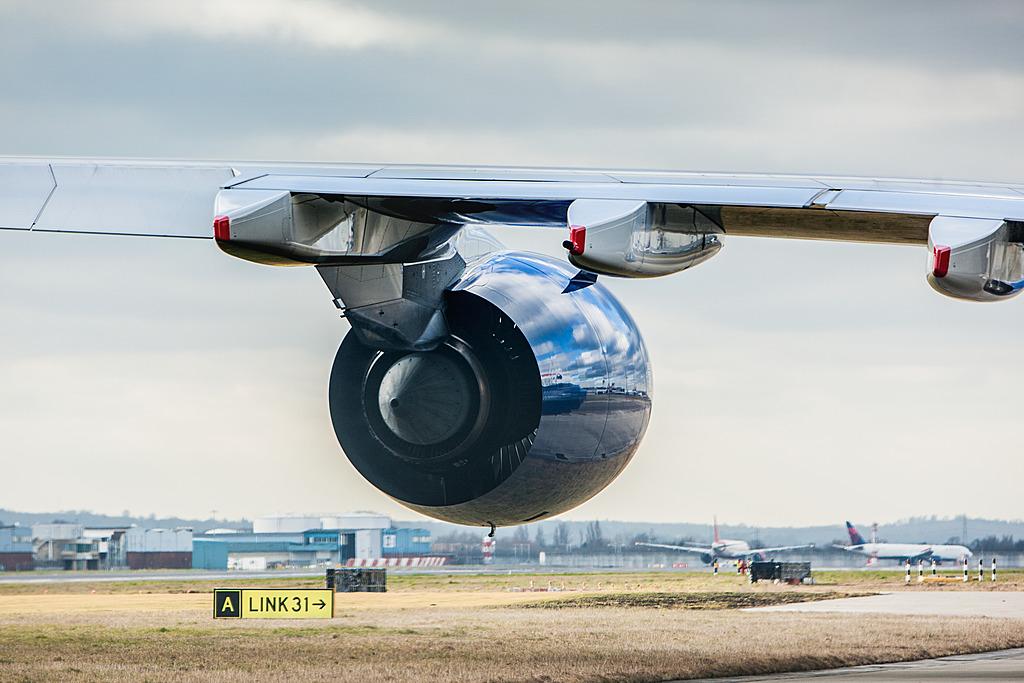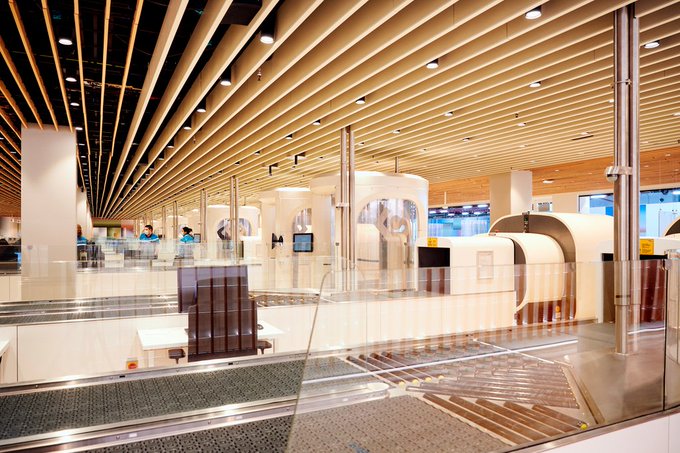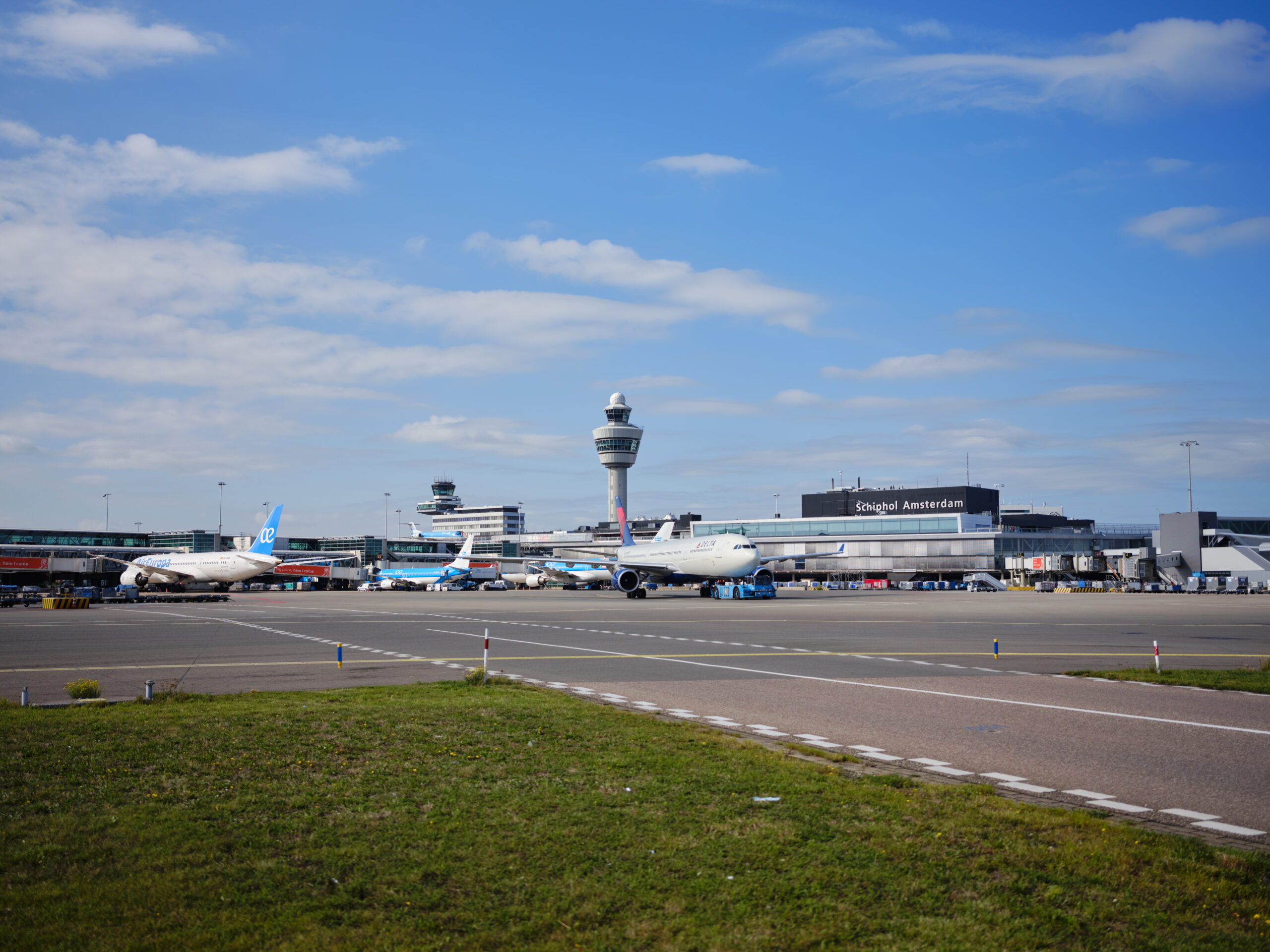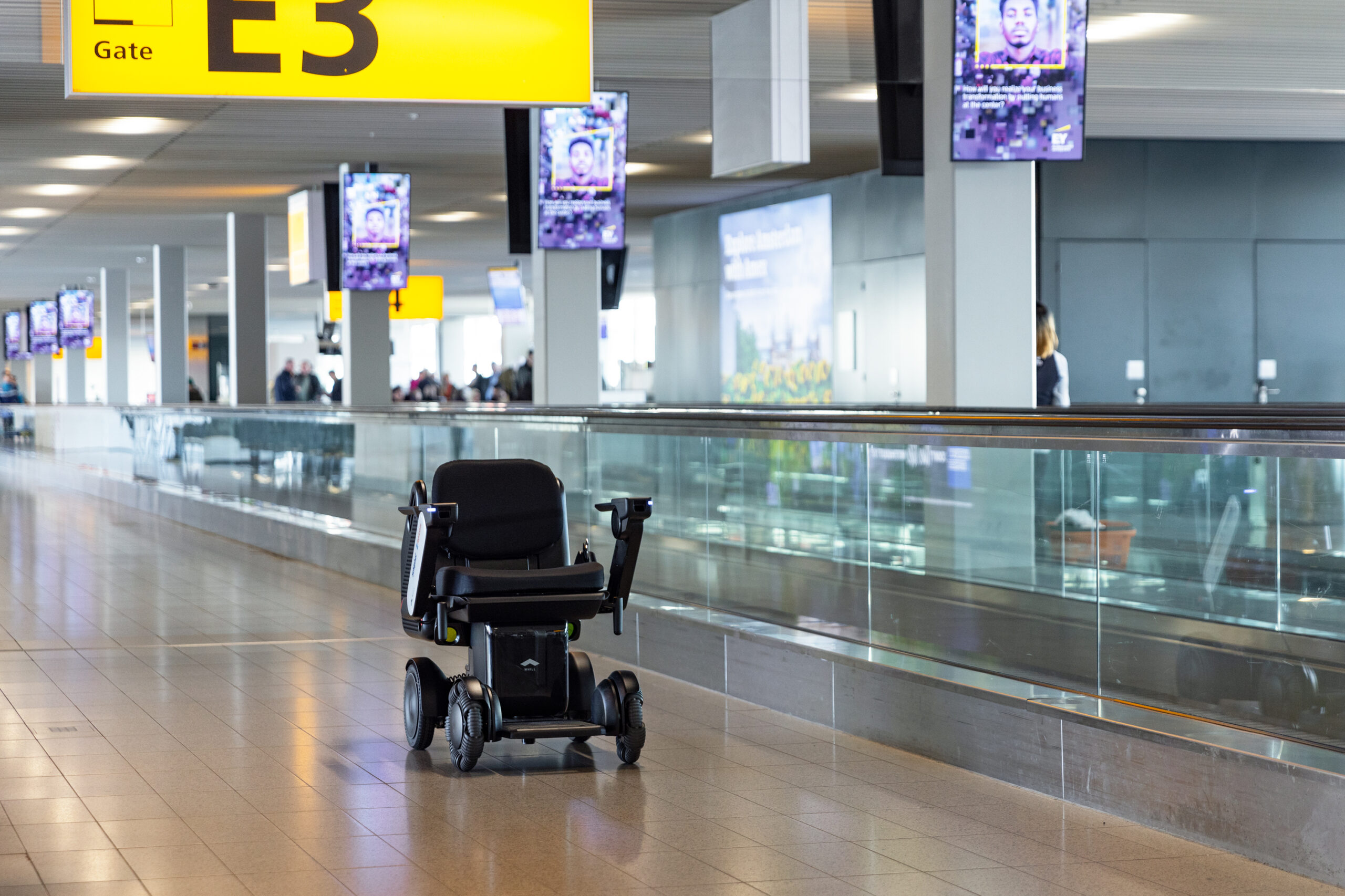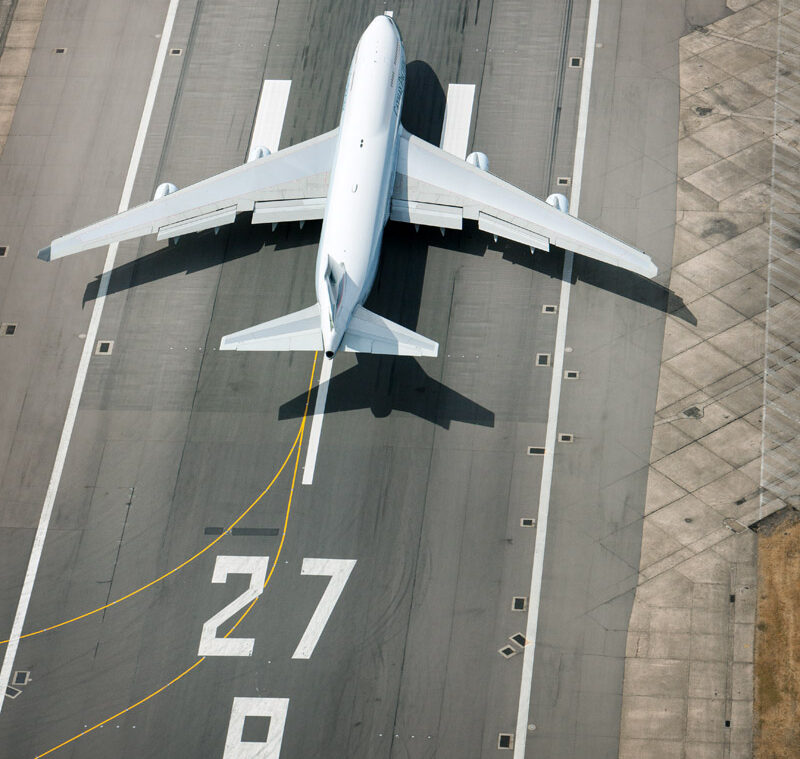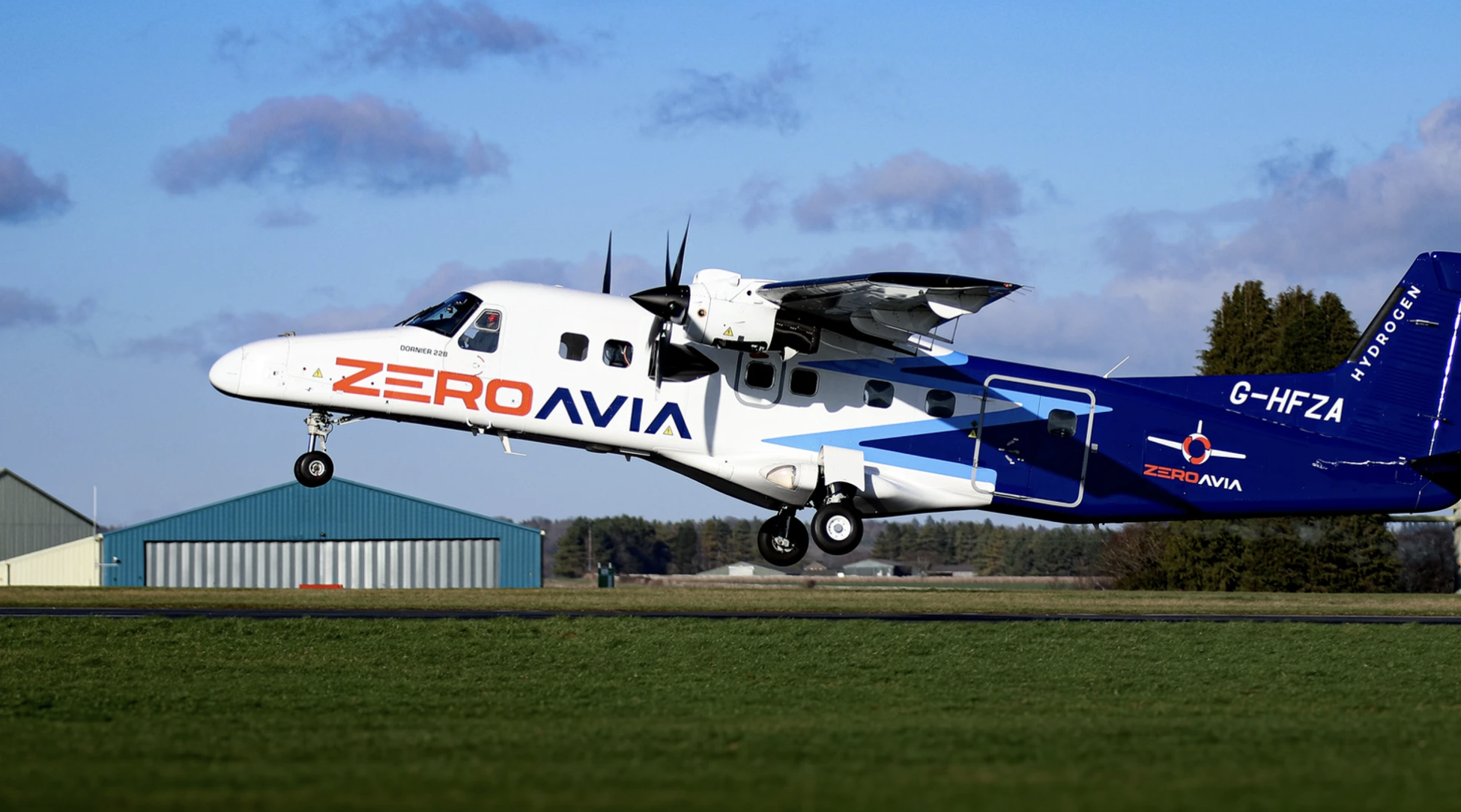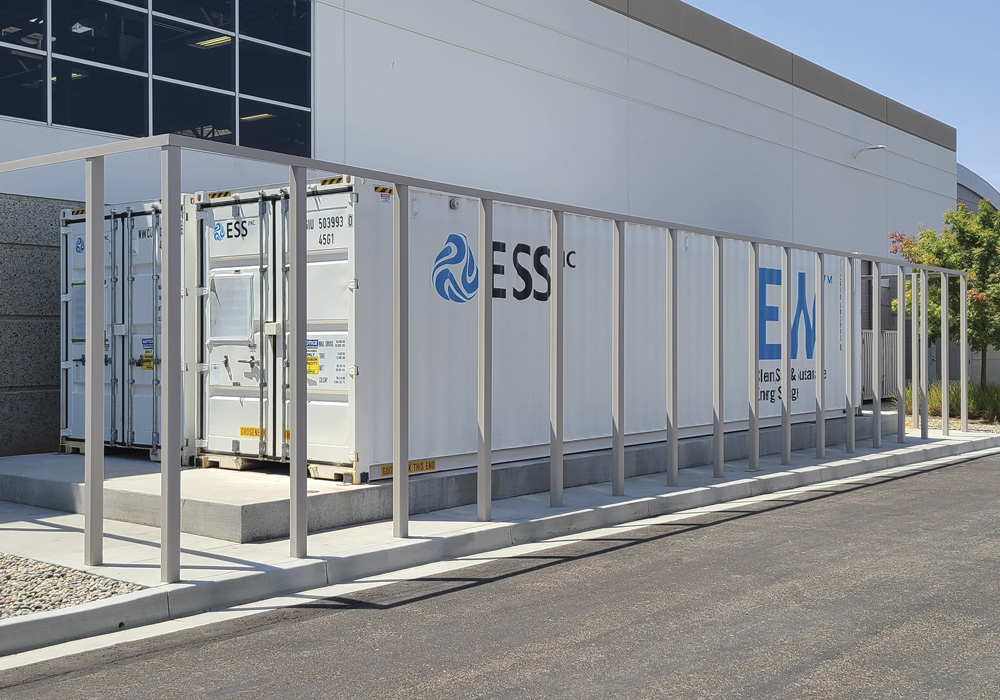Royal Schiphol Group has presented a series of decisions to deliver quieter, cleaner and better aviation practices that will benefit the local environment.
This includes new limits on when aircraft can take off and land, a ban on private jets and the end of plans to open a second Kaagbaan Runway.
The new rules will focus on reducing noise and CO2 emissions in line with the Paris climate agreement.
Less Noise and Lower Emissions
Schiphol plans to close overnight to provide a quieter local environment. Aircraft will no longer take off between 00:00 and 06:00 and will not land between 00:00 and 05:00. This will result in 10,000 fewer night flights each year.
With this change, Schiphol also plans to limit the reallocation of flights to the very start or end of these time periods as much as possible.
In addition, to further reduce noise nuisance, Schiphol will take a stricter approach to noisier models by gradually tightening standards for aircraft.
It will ultimately put a ban on private jets and small business aviation, which cause a disproportionate amount of noise and CO2 emissions per passenger.
With about 30% to 50% of these private jets flying to holiday destinations like Ibiza, Cannes and Innsbruck, Schiphol responded by saying that sufficient scheduled services were available to the most popular destinations currently flown to by private jets.
Capacity for services like police and ambulance flights will remain unchanged.
These measures will apply no later than 2025–2026.
Abandoning Plans for an Additional Runway
Schiphol is abandoning its plans to construct an additional Kaagbaan Runway and is asking the government to revoke the land reservations at Rozenburg, Rijsenhout and Schiphol-Rijk.
It said this reservation put unnecessary pressure on the limited space in the area.
However, as the area to the south-east may have benefitted from the extra runway taking on some of the existing air traffic, Schiphol is setting up an environmental fund to implement its Minder Hinder programme in these neighbourhoods.
In co-ordination with the central government, Schiphol will make a total of 70 million EUR available between now and 2030 so that investments can be made in innovative construction concepts and home insulation.
Safeguarding Cargo
Alongside these new plans, Schiphol wants to safeguard cargo by keeping 2.5% of the available take-off and landing slots available for these operations.
Due to international slot regulations, cargo flights are currently struggling to keep their slots at Schiphol. However, the airport recognises that the sector provides high employment opportunities and is valuable for the economy.
Regardless, cargo flights will still have to adhere to new, tighter rules for noisier aircraft, as well as the new night closure regulations.




